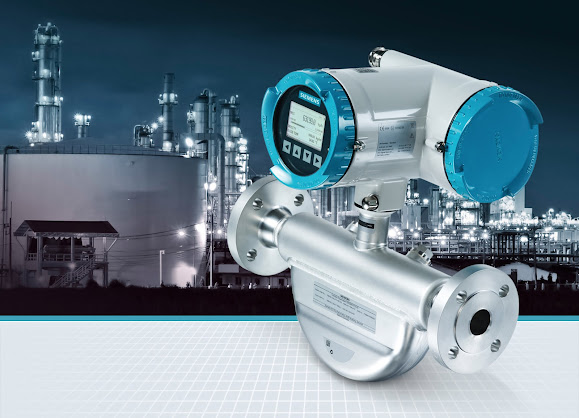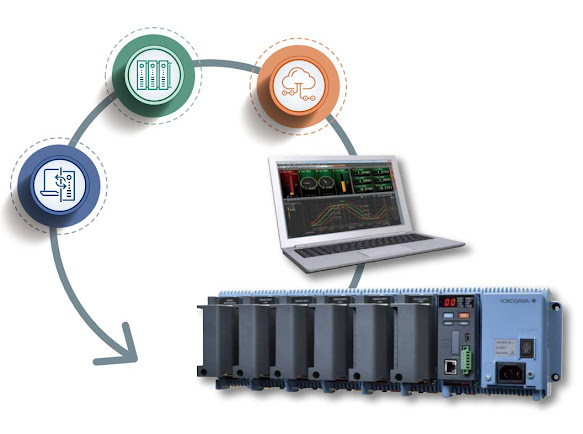The Benefits Of Data Loggers In Food Safety Compliance
Food safety isn’t just a necessity—it’s a mission. From farm to fork, ensuring food is handled and stored correctly is paramount. And while we might not all be food safety experts, we can certainly appreciate the unsung heroes in this realm: data loggers.
Imagine these little gadgets as the vigilant watchmen of your food’s journey. They monitor temperature, humidity, and other crucial factors, ensuring your food remains safe and fresh.
Let’s dive into why the best data logger in Australia are pivotal to food safety compliance and why they are indispensable in the modern food industry.

Why Data Loggers Are Your Food Safety Sidekick
Food safety is about maintaining the right conditions throughout the supply chain. Whether it’s the cold storage of perishables or the transport of goods, the conditions must be just right.
This is where data loggers act as your trusty sidekick to monitor and record environmental conditions.
1. Real-Time Monitoring for Peace of Mind
Data loggers are equipped with sensors that provide real-time data on critical conditions like temperature and humidity.
You can track these conditions continuously and receive instant alerts if something happens. For example, if a freezer malfunctions and the temperature rises, a data logger will notify you immediately, allowing you to take action before any food is compromised.
2. Accurate and Reliable Record-Keeping
Gone are the days of manual temperature checks and handwritten logs. The Data logger automatically records data at set intervals, providing precise and reliable records.
This accuracy is crucial for compliance with food safety regulations and standards. In case of an inspection or audit, you’ll have a detailed record to show that you’ve adhered to all safety protocols.
3. Enhanced Efficiency and Reduced Human Error
Manual monitoring is time-consuming and prone to human error. Relying on data loggers eliminates the guesswork and reduces the risk of mistakes.
These devices continuously gather data without constant supervision, freeing your team to focus on other critical tasks.
4. Easy Data Access and Analysis
Modern data loggers have user-friendly interfaces, allowing easy data retrieval and analysis. You can quickly access historical data, generate reports, and analyse trends to improve food safety practices.
This insight is invaluable for identifying potential issues and making informed decisions to enhance safety measures.
The Bottom Line: Investing in Data Loggers is Investing in Safety
The benefits of a data logger in food safety compliance are clear. They provide real-time monitoring, accurate record-keeping, and reduced risk of human error while offering easy data access and analysis.
Investing in these devices is not just a step towards compliance; it’s a proactive approach to safeguarding your food and, ultimately, your reputation.
In a world where food safety is non-negotiable, data loggers stand out as a crucial tool. They ensure that every step of the food journey is closely monitored, providing peace of mind and ensuring that safety standards are consistently met.
So, whether you’re managing a large food operation or simply want to ensure the safety of your household, data loggers are the unsung heroes you can rely on.
By integrating a data logger into your food safety strategy, you’re adhering to regulations and demonstrating a commitment to quality and consumer safety.
It’s time to let these devices take the reins and focus on what you do best—providing safe and delicious food.


Comments
Post a Comment